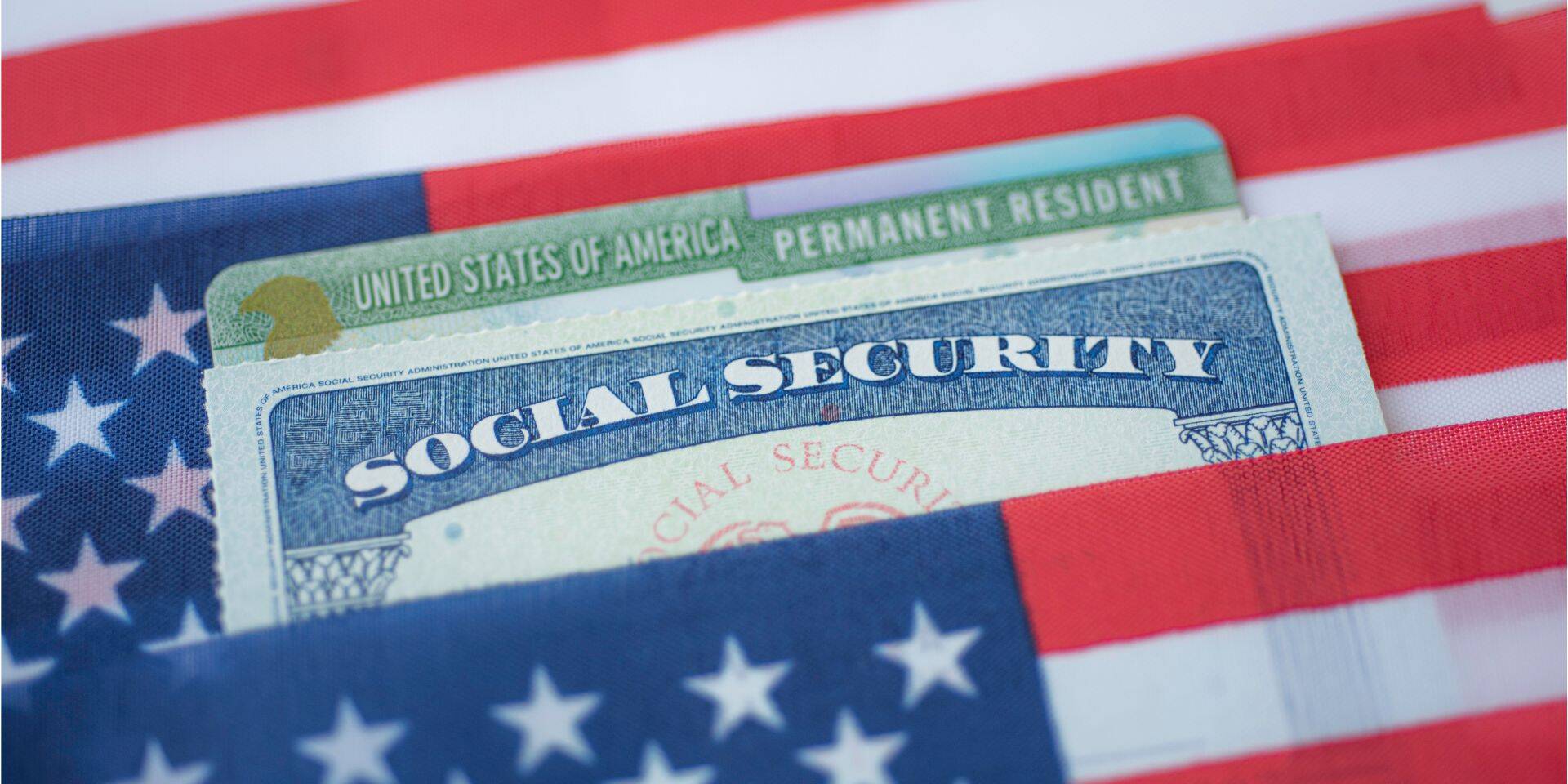Domestic violence leaves countless lives shattered. This is especially true for those who do not have legal status in the United States. An abusive spouse, partner, parent, or child may use the immigration process to further abuse a noncitizen by threatening to withhold or withdraw the petition for the victim. The abuser may use the immigration process to control, coerce, and intimidate a victim ensuring they stay in an abusive relationship out of fear of getting deported or expelled from this country. However, with the Violence Against Women Act (VAWA), emerging from the grip of abuse is not impossible. VAWA enables an abused spouse, partner, child, or parent to self-petition to become a legal permanent resident (green card holder). A survivor of domestic violence may self-petition if he or she is a victim of battery or extreme cruelty committed by:
- A U.S citizen spouse or former spouse
- A U.S citizen parent
- A U.S citizen son or daughter
- A lawful permeant resident spouse or former spouse
- A lawful permanent resident parent
Congress recognized that since Family-Based immigration requires a U.S. citizen or a lawful permanent resident to file a petition for their non-citizen family members, some petitioners misuse the immigration process to abuse their non-citizen family members. Therefore, Congress passed the Violence Against Women Act of 1994, which allowed noncitizens abused by their U.S. citizen permanent resident relatives to independently petition for themselves for immigration. Contrary to its name, VAWA benefits are available to noncitizens regardless of their gender, gender identity, or sexual orientation. This self-petition is done without the knowledge, consent, or participation of the abuser, it allows survivors to seek safety and independence from their abusers. Survivors who follow under the below categories can self-petition and escape the cycle of abuse.
If eligible, Form I-360 Self-Petition (VAWA petition) is filed with supporting documentation. There is extensive evidence a survivor must gather and submit including evidence of battery/abuse/extreme cruelty and proof of the qualifying relationship to the abuser. Thus, it is important to consult an immigration attorney at the outset. Our attorneys at ILBSG are here for this exact reason. Survivors who can establish the basic requirements outlined below will be given a “prima facie” determination and then be eligible for certain public benefits. If the VAWA petition is approved, the immigrant is granted deferred action status in most cases. Deferred action means the U.S. government will not initiate removal, or deportation, proceeding against the survivor. Applicants are also eligible for work authorization upon approval of their VAWA petition.
Who can File for VAWA?
Spouse: A spouse may file for themselves if the abused spouse is a U.S. citizen or green card holder. An abused spouse may also file if his or her child is being abused by the U.S. citizen or green card holder spouse. This enables the parent to escape a marriage where the abuser spouse is abusing the child and not the spouse themselves. An abused spouse survivor may also include in the petition his/her unmarried children who are under 21 if the children have not filed for themselves.
Parent: An abused parent may self-petition if he or she is a parent of a U.S. citizen child, and that child has been abusing the parent.
Child: An abused child under 21, unmarried, and who has been abused by a U.S. citizen or green holder parent may self-petition. An abused child may also file as a child after the age of 21 years old but before age 25 if the main reason for the delay in filing before turning 21 was abuse.
Eligibility Requirements for a VAWA Self-Petition
The intending self-petitioner must prove that s/he is a spouse, child, or parent as described above who was physically battered and/or subjected to “extreme cruelty” by a U.S. citizen or lawful permanent resident spouse, parent, or adult child. Such abuse may include evidence of physical abuse, violent acts or threats of violence, sexual abuse or exploitation, verbal abuse and degradation, emotional abuse, isolation, intimidation, economic abuse, coercion, or threats to take away children or have one deported.
The self-petitioner must provide evidence of his/her “good moral character.” This usually refers to a review of the self-petitioner’s criminal record or other immigration transgressions. Certain arrests or transgressions may be waived if the self-petitioner can show such actions were connected to the abuse s/he suffered. Applicants should consult with legal counsel for a close review of any such arrests, convictions, or transgressions.
A self-petitioner spouse must demonstrate that the marriage was entered in good faith. Petitioners should be able to prove that they did not enter the marriage for the purpose of evading immigration laws. For more information regarding what evidence is required during the application for the VAWA process, ILBSG recommends reaching out to an immigration attorney. ILSBG’s attorneys have experience in the VAWA self-petition process and can aid clients in navigating their way to ensure the application meets USCIS’s requirements.
Benefits of VAWA
In the realm of the Violence Against Women Act (VAWA), petitioners are the survivors who want a future free of violence. With VAWA survivors finding solace in knowing they will be protected, VAWA offers benefits that are meant to empower survivors of domestic violence. Benefits include derivative family members, such as children. Petitioners applying as spouses or children of abusive U.S citizens or lawful permanent residents may include their child(ren) that are under the age of 21 and unmarried when they file to be included as derivative beneficiaries.
A survivor may file his or her green card application either after USCIS approves the VAWA petition or with their VAWA application. This is determined by if the abuser is a U.S. citizen or a green card holder. The journey toward obtaining a green card as a VAWA self-petitioner can be complex. It is important to contact an experienced immigration attorney to see what your options are before filing any petition with USCIS. VAWA offers a renewed sense of security and a fresh start for survivors who escaped domestic violence, ILBSG understands that VAWA serves as a lifeline of legal protection to survivors of domestic violence, and our experienced attorneys are ready and able to help.
If you have any questions or concerns about a VAWA Self-Petition or any other immigration-related issue, please contact us at ILBSG. We are closely monitoring all immigration-related issues. Our team ensures to guide you through all immigration complications and ensures you get the right legal advice.
Related Posts
April 17, 2025
Expanded DHS and FBI Involvement Driving More Green Card Holder Removals
The expansion of DHS, USCIS, and FBI…
April 17, 2025
F-1 Students Anticipate Visa Cancellations and Removals
F-1 visa cancellations have raised…
April 17, 2025
H-1B Holders Face Layoffs Along with Possibility of Removal
H-1B holders are facing mounting…



